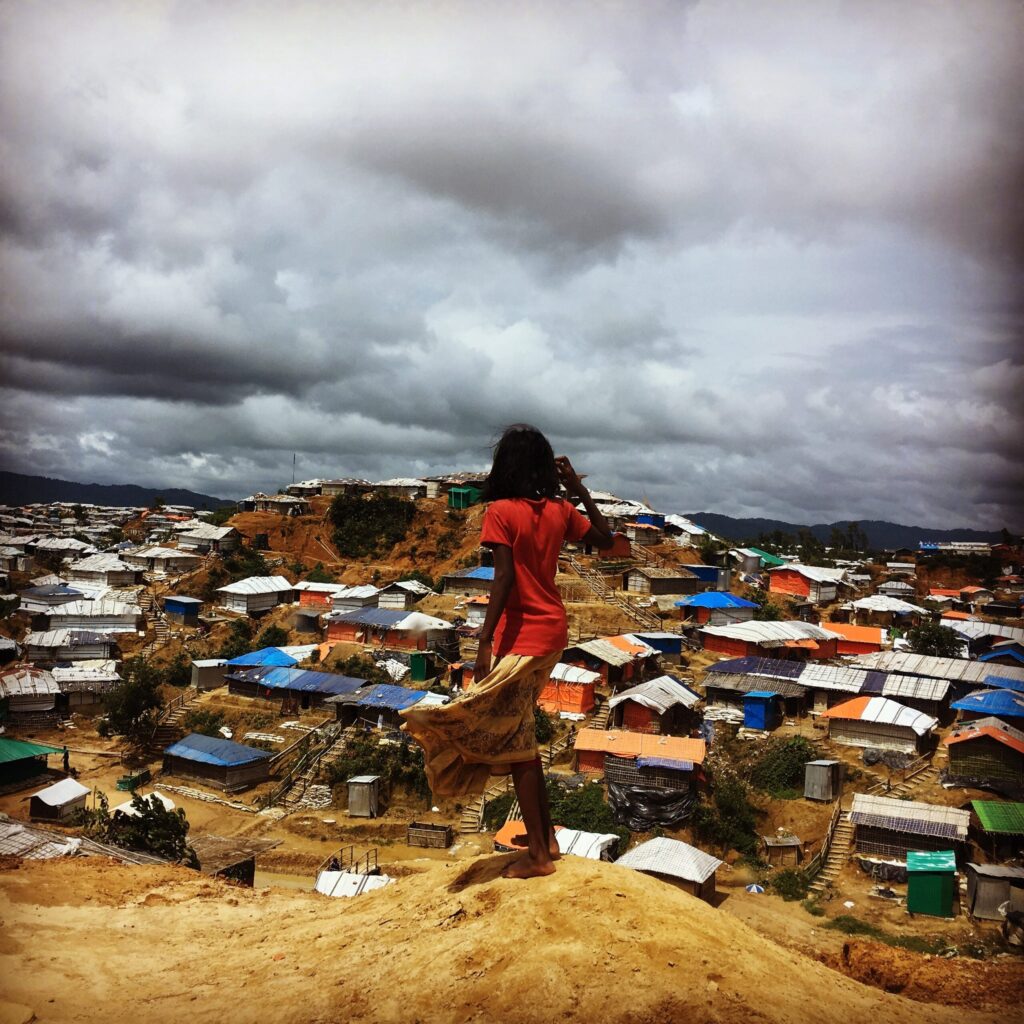More than 90 million people in Bangladesh are estimated to live in areas that face increasing heat stress, flooding, and riverbank erosion, all of which have cross-cutting impacts on food security, livelihoods, water quality, and shelter. These impacts will induce significant climate displacement; by 2050, Bangladesh could have more than 20 million internal climate migrants, accounting for nearly half of all projected climate migrants in South Asia.
Populations in the southwestern coastal region have been identified by the Bangladeshi government as being some of the most climate vulnerable, and many researchers believe that these populations are already beginning to migrate inland from their ancestral homes. Climate-resilient housing is an urgent challenge.
The Rockefeller Foundation has provided funding to icddr,b through its Climate Exploration Fund to focus on this region for the Jutin pilot’s second phase. Beginning this June, the team will construct 10 houses in the region, each with its own kitchen, toilet, and handwashing station. They will then evaluate the houses in terms of temperature, humidity, and light. They will also measure self-reported health outcomes, including respiratory symptoms, diarrhea, malaria, and mental health.
These results will feed into The Rockefeller Foundation-supported Climate & Health Innovation Hub, which icddr,b recently launched in partnership with the Non-Communicable Disease Control Program of the Directorate General of Health Services in Bangladesh. The Hub is dedicated to pioneering locally led climate adaptation efforts, with a focus on health priorities. It will serve as a central nexus in Bangladesh for cross-sectoral coordination and information-sharing on climate adaptive strategies.
The Jutin housing pilot has already generated significant interest from government agencies and development partners beyond Bangladesh, and Dr. Jahan is optimistic about replicating this solution elsewhere. “If the second phase is successful and generates positive evidence, we foresee a huge possibility to scale up this Jute-based housing model in other climatic zones around the globe, especially in Asia and Africa,” she said. “This will create meaningful opportunities for South-South collaboration in tackling climate change.”

